Spelling - Home learning - Suffixes ing, ed, er
Activity
English
Year 1
Premium
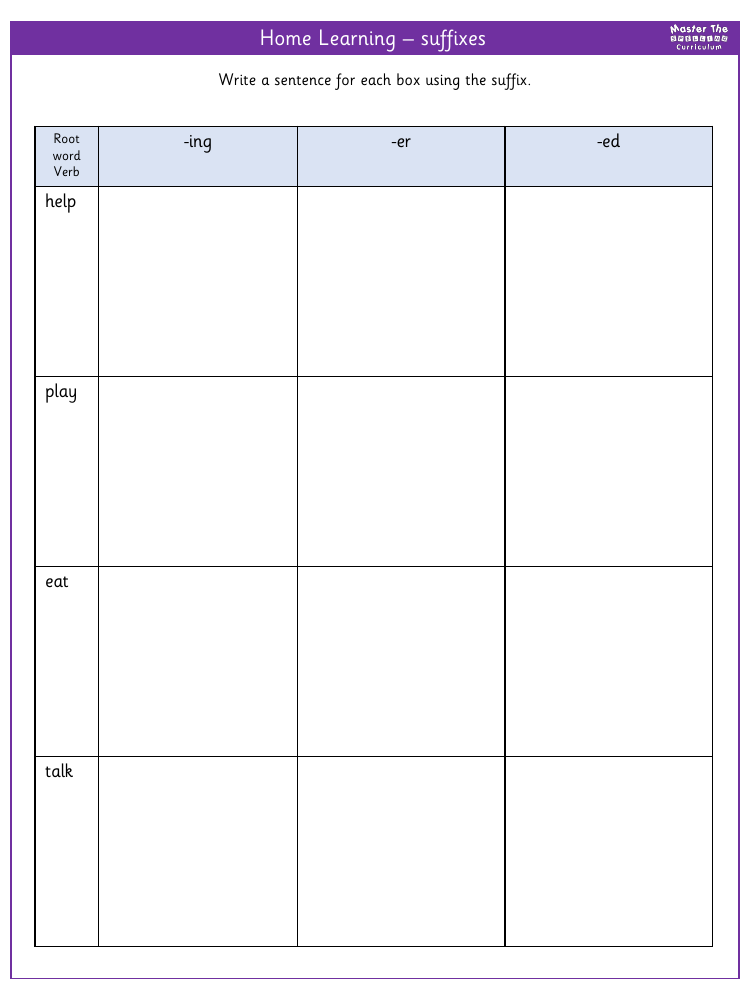
Master The Curriculum
English Resource Description
AI generated
Differentiated
Editable presentation
Starter Activity
Revision
When adding suffixes to root words, we can change the meaning and the tense of a word. For example, with the root word 'help', by adding '-ing' we get 'helping', which implies an action that is currently ongoing. If we add '-er', we form 'helper', which denotes someone who provides assistance. Lastly, by attaching '-ed' we create 'helped', which indicates a completed action in the past. Here are example sentences for each suffix applied to the given root words:
- Helping: "I am helping my friend with her homework right now."
- Helper: "The teacher's helper stayed after class to organise the books."
- Helped: "Yesterday, I helped my neighbour carry her groceries."
- Playing: "The children are playing in the park after school."
- Player: "He is the best football player on our team."
- Played: "We played board games all evening during the power outage."
- Eating: "She is eating her lunch while reading a book."
- Eater: "My cat is a fast eater, always finishing her food in minutes."
- Ate: "They ate a hearty meal before setting out on the hike."
- Talking: "We were talking about our holiday plans over coffee."
- Talker: "He is a smooth talker and can convince anyone to see his point of view."
- Talked: "We talked for hours about everything under the sun."
Explore other content in this scheme
Part of a unit by Master The Curriculum
Other resources in this unit
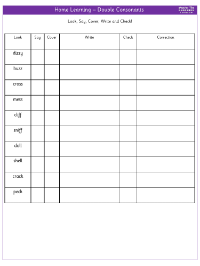
Spelling - Home learning - Double consonants
Resource
English
Y1
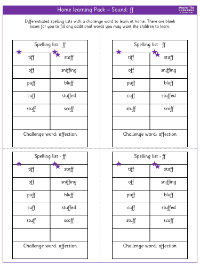
Spelling - Home learning - Sound ff
Resource
English
Y1
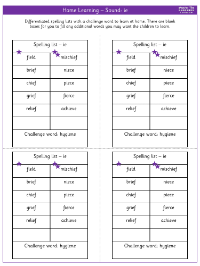
Spelling - Home learning - Sound ie
Resource
English
Y1
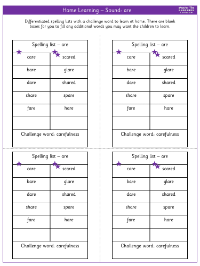
Spelling - Home learning - Sound are
Resource
English
Y1
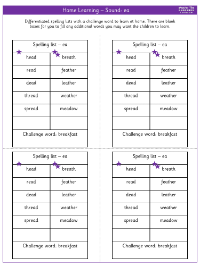
Spelling - Home learning - Sound short ea
Resource
English
Y1
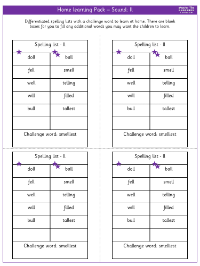
Spelling - Home learning - Sound ll
Resource
English
Y1
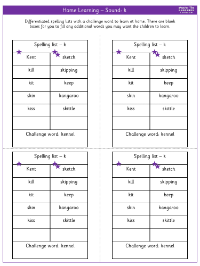
Spelling - Home learning - Sound K
Resource
English
Y1
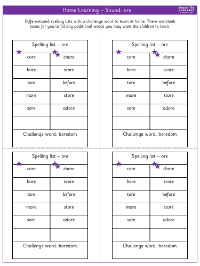
Spelling - Home learning - Sound ore
Resource
English
Y1
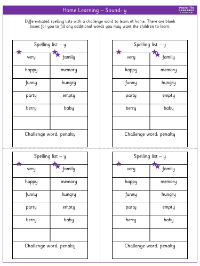
Spelling - Home learning - Sound y
Resource
English
Y1
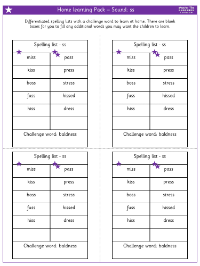
Spelling - Home learning - Sound ss
Resource
English
Y1
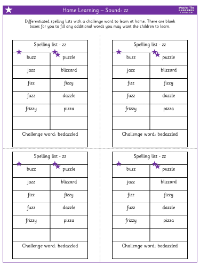
Spelling - Home learning - Sound zz
Resource
English
Y1
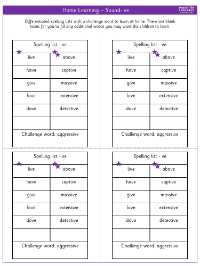
Spelling - Home learning - Sound ve
Resource
English
Y1
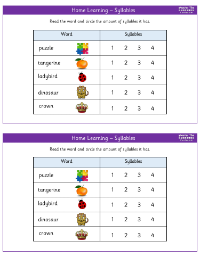
Spelling - Home learning - Syllables
Resource
English
Y1
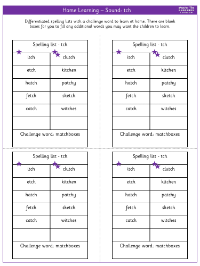
Spelling - Home learning - Sound tch
Resource
English
Y1
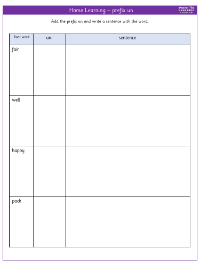
Spelling - Home learning - Prefix
Resource
English
Y1
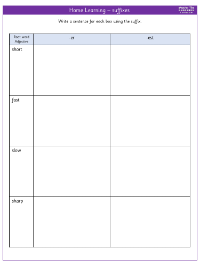
Spelling - Home learning - Suffixes
Resource
English
Y1
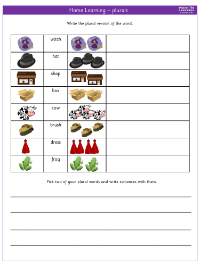
Spelling - Home learning - Plurals
Resource
English
Y1
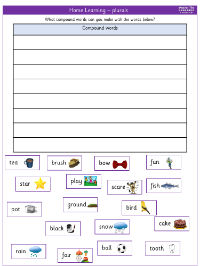
Spelling - Home learning - Compound words
Resource
English
Y1
